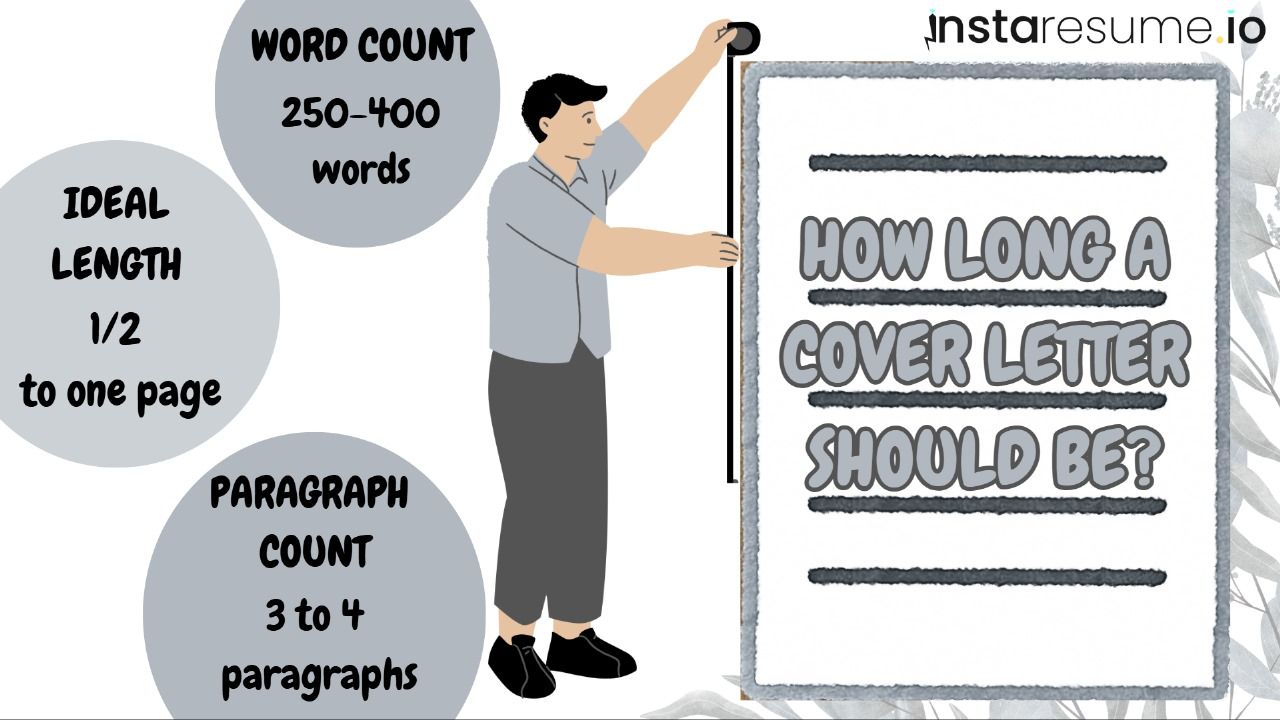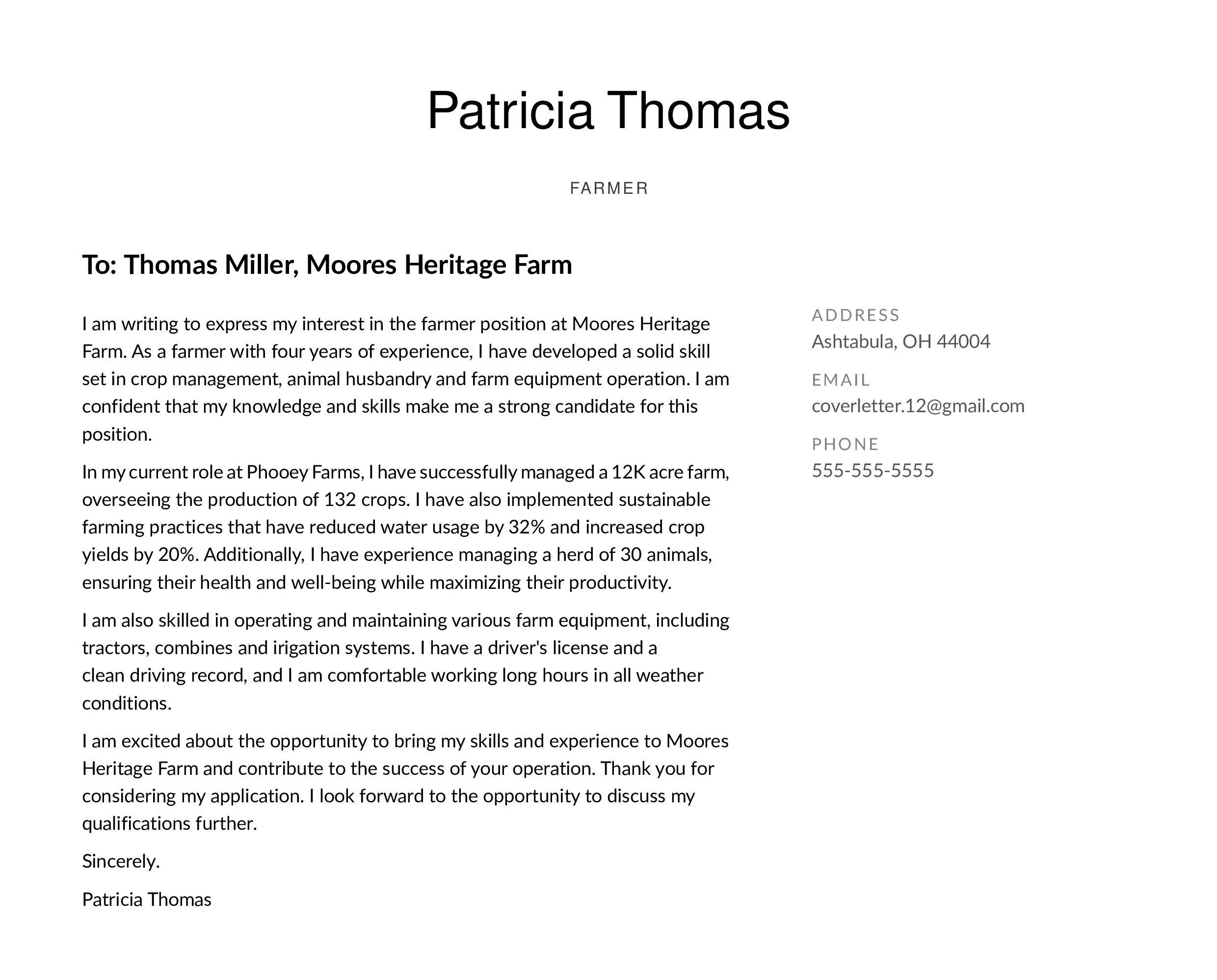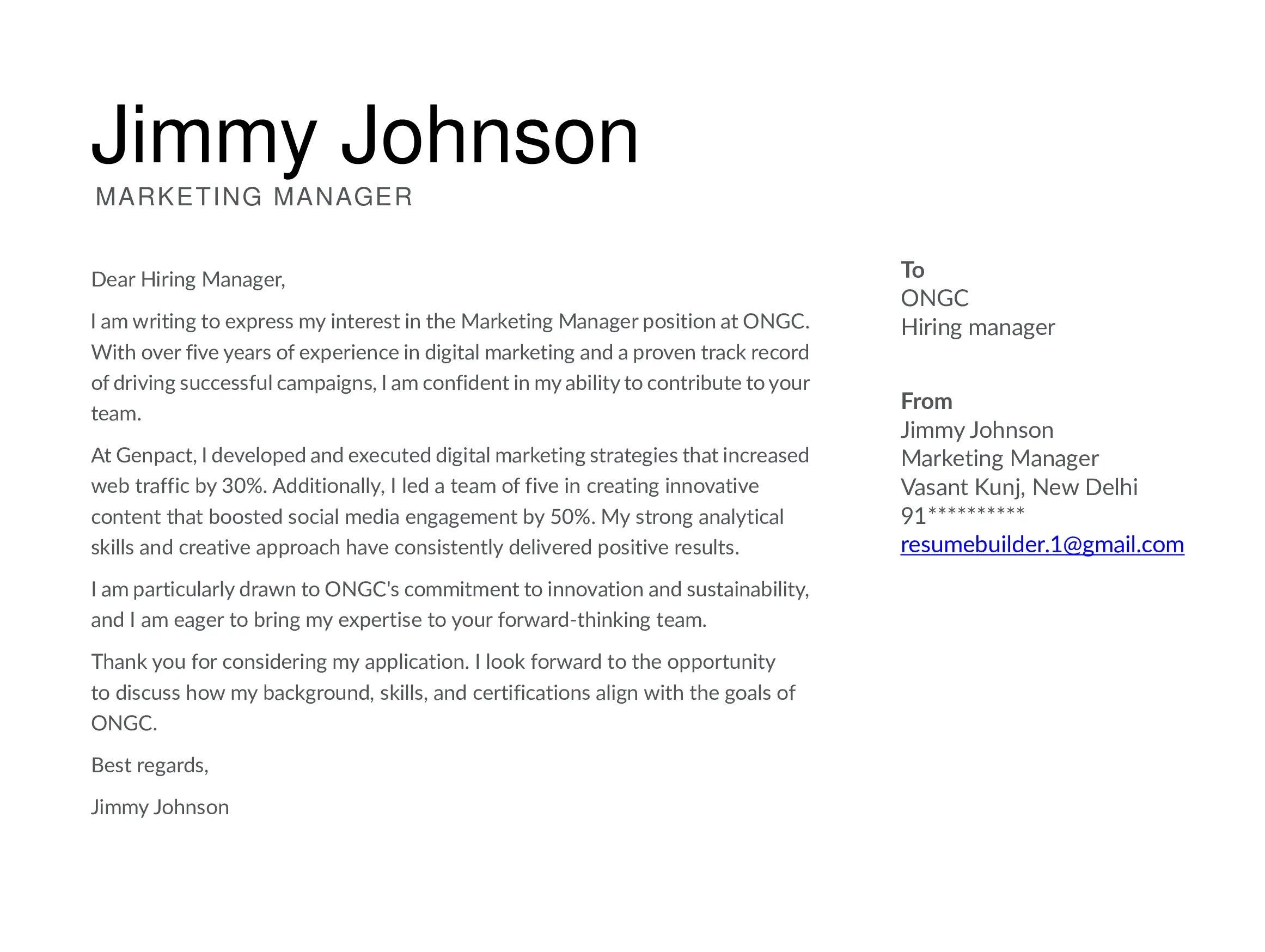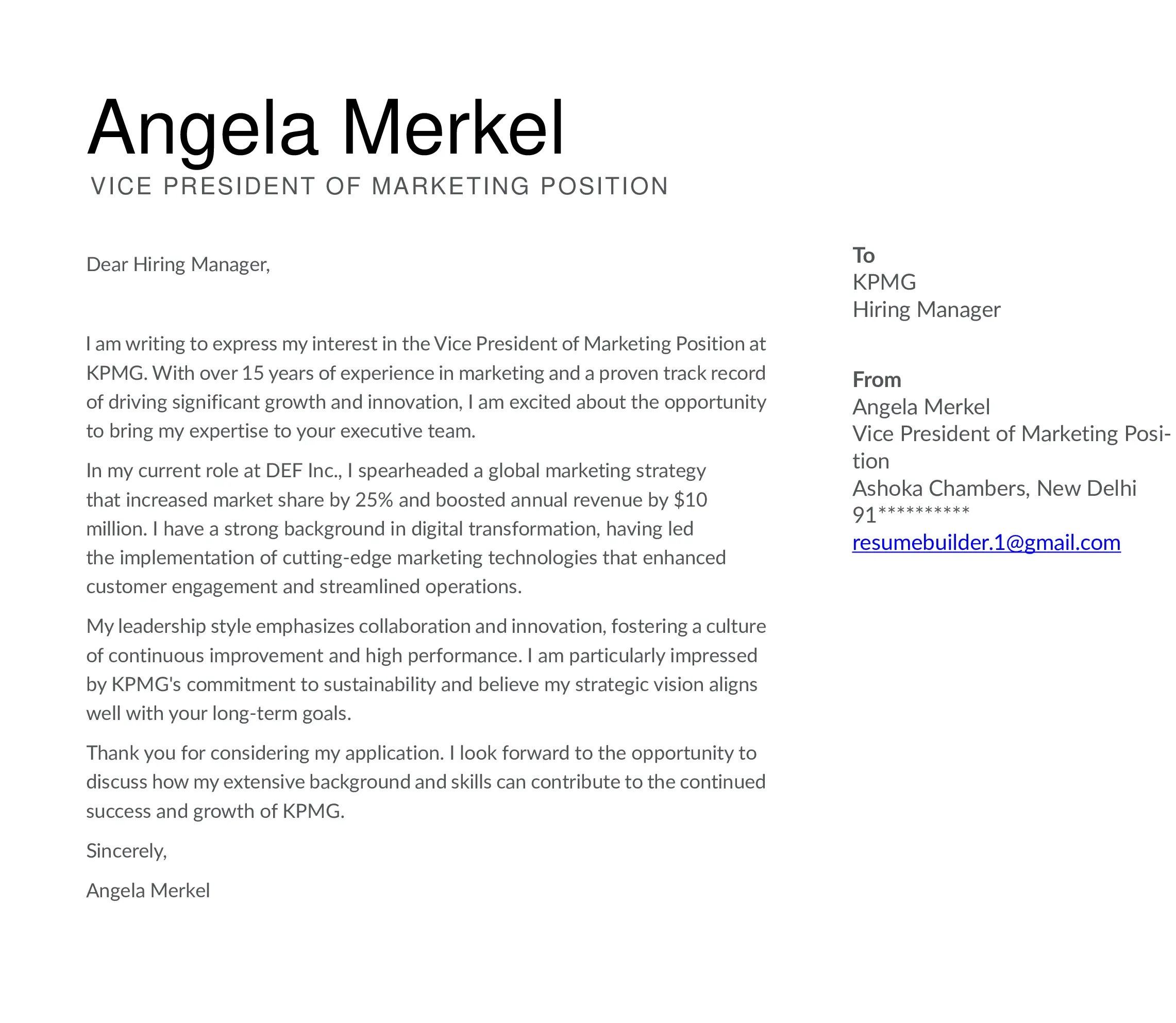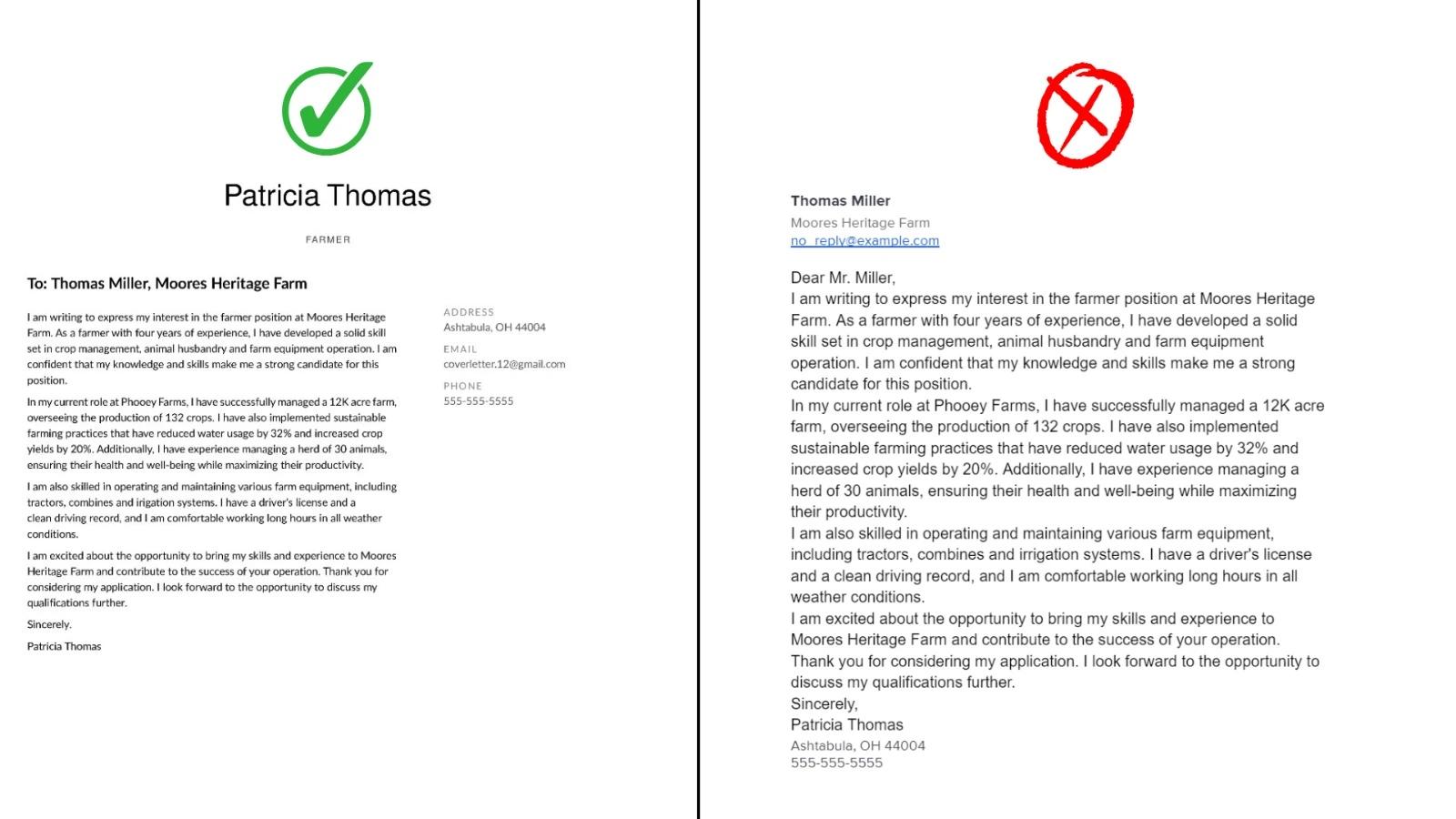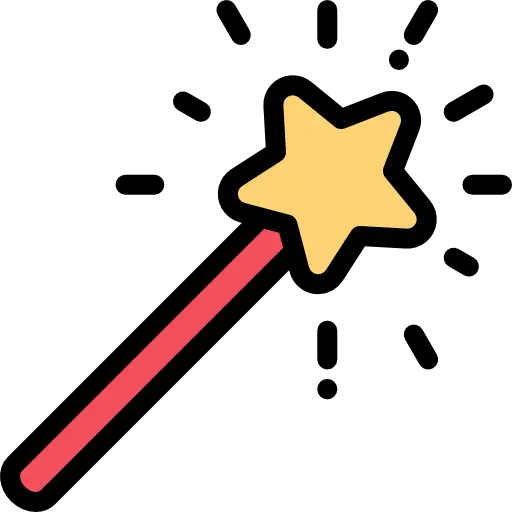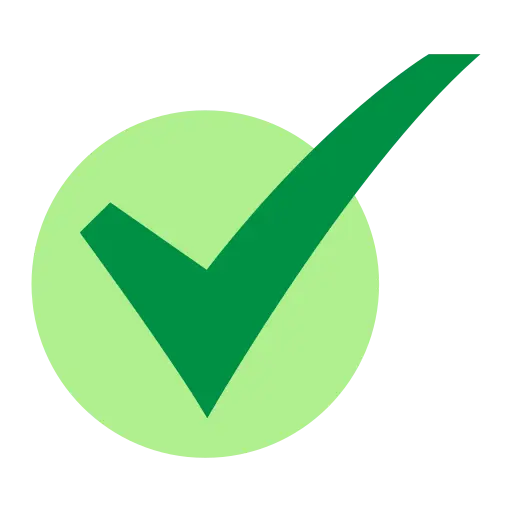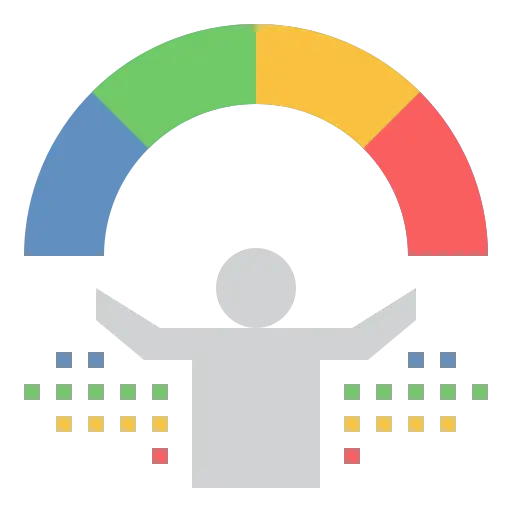How to write a cover letter
Trust Score: 4.7
366 reviews
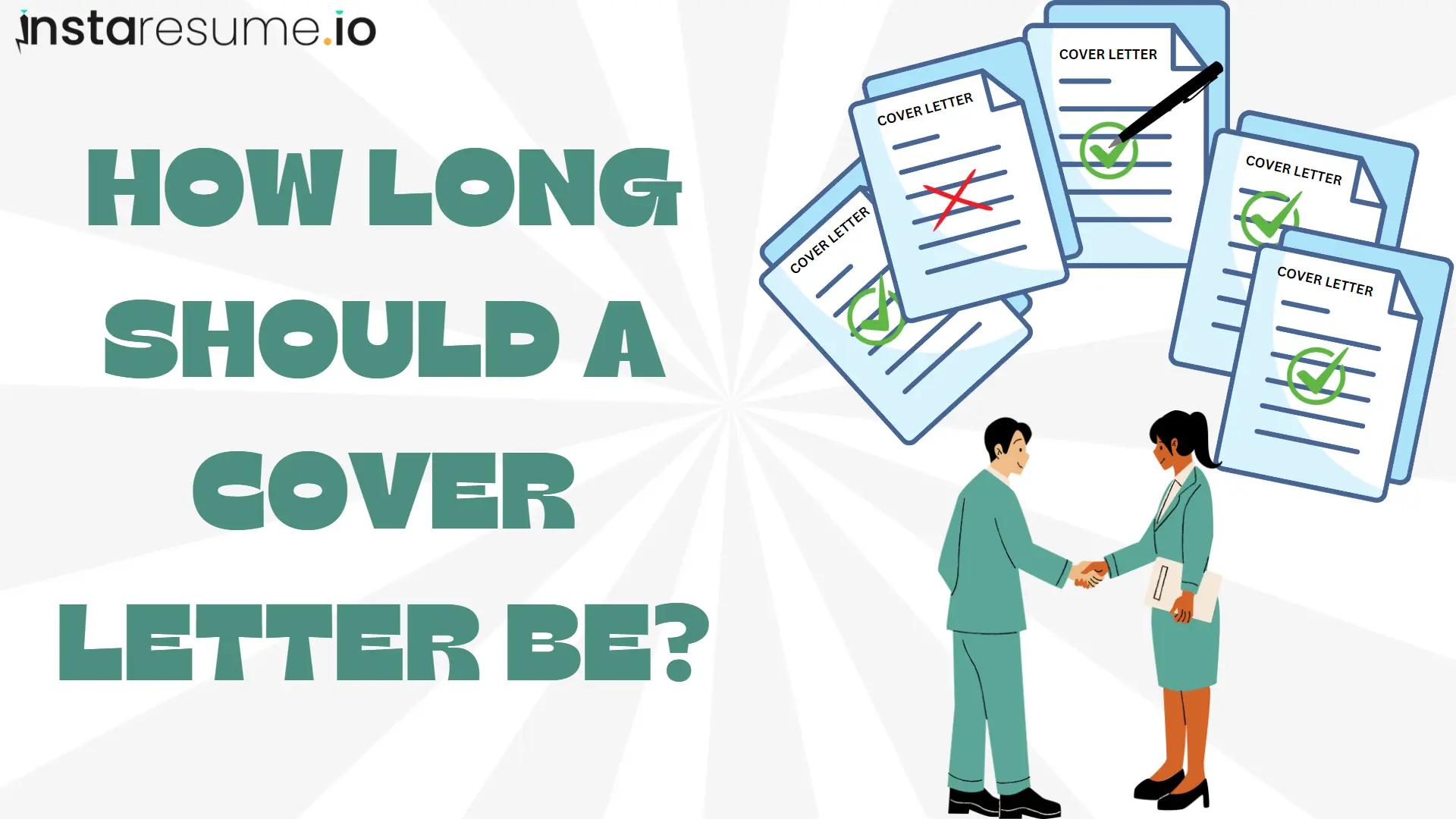
Table of Contents
A cover letter should ideally be between half a page and a full page, with a recommended word count ranging from 250 to 400 words. This typically translates into three to six paragraphs. Keeping your cover letter concise is key to ensuring it complements your resume effectively, offering a clear introduction and showcasing why you're the best fit for the job.
But what exactly is a cover letter? It’s your opportunity to showcase your personality, explain how your skills align with the company’s needs, and express your enthusiasm for the role. While your resume lists your qualifications, the cover letter provides a deeper context, allowing you to explain how those qualifications will contribute to the company’s success.
Key elements of a cover letter
When crafting your cover letter, make sure to include the following key elements:
 Introduction: Briefly introduce yourself and mention the job you're applying for.
Introduction: Briefly introduce yourself and mention the job you're applying for. Body: Highlight your relevant skills and experiences, demonstrating how they align with the job requirements.
Body: Highlight your relevant skills and experiences, demonstrating how they align with the job requirements. Closing: Conclude by expressing your interest in discussing the role further and thanking the reader for their time.
Closing: Conclude by expressing your interest in discussing the role further and thanking the reader for their time.
When thinking about how long a cover letter should be, there’s no rigid rule, but several factors influence its length. Your cover letter isn’t meant to be a novel—it’s more like a trailer that hooks the hiring manager. But whether it’s sent as an email or an attachment, the format can affect the ideal cover letter length.
If you’re wondering, "How long is a cover letter?", think about the platform. An email cover letter tends to be shorter, focusing on quick, impactful points. On the other hand, an attached cover letter as a PDF or Word file gives you a bit more flexibility to elaborate, but it still shouldn’t read like a full-page essay.
"How many words should a cover letter be?"
is another common question. While there’s no magic number, aim for enough detail to explain your qualifications without dragging on. Some experts suggest keeping it between 250–400 words, but what really matters is clarity and relevance.
Does a cover letter have to be a full page?
Not necessarily. A concise half-page that captures your skills and enthusiasm can be just as effective, especially if it’s well-structured and tailored to the job.
Ultimately, the ideal length of a cover letter depends on how well you convey your message. Instead of obsessing over word count, focus on making each word count.
Create your resume and cover letter instantly -
Before we dive deeper, check out instaresume.io for a quick and easy way to create your resume and cover letter. Our free-to-use cover letter builder can create a polished cover letter in just 5 minutes. Pick your preferred template, and let our software handle the formatting for you. Check cover letter examples here.
What should a cover letter include?
A well-crafted cover letter follows a clear structure to make a strong impression. Here’s how to divide your cover letter into sections, with examples included:
1. Header
Your header sets the tone for professionalism. For formal attachments, include your full contact details along with the company’s information. For email submissions, a simple subject line and concise contact details are sufficient.
Example (Formal):
John Doe
[email protected] | (123) 456-7890 | LinkedIn.com/in/johndoe
Hiring Manager
XYZ Inc.
123 Business St., Suite 400
Example (Email):
Subject: Application for Digital Marketing Specialist Role
John Doe | [email protected] | (123) 456-7890
2. Opening Paragraph: Hook the Reader
This is your chance to grab attention by explaining why you’re interested in the role and the company. Mention the job title and a specific reason that excites you about the opportunity. Be personal and enthusiastic.
Example 1:
"I was thrilled to see the Digital Marketing Specialist position at XYZ Inc., a company known for its innovative campaigns. With my passion for creative storytelling and a track record of driving engagement, I’m eager to bring my expertise to your team."
Example 2:
"When I came across the Sales Manager opening at ABC Corp., I immediately knew it was a role I wanted to pursue. Your commitment to customer-focused solutions resonates deeply with my experience in building strong client relationships and exceeding sales targets."
3. Body Paragraph: Showcase Your Value
Here, highlight your skills, achievements, and how they align with the role. Use specific examples and metrics to demonstrate your value. Focus on connecting your experience with the company’s needs.
Example 1:
"At ABC Ltd., I led a social media strategy overhaul that resulted in a 40% increase in engagement within six months. My ability to analyze data and implement effective campaigns makes me confident in contributing to XYZ Inc.’s goal of enhancing online visibility."
Example 2:
"In my previous role as Operations Manager, I streamlined supply chain processes, reducing annual costs by 15% while improving delivery times. I’m eager to apply these efficiency-driven strategies to help ABC Corp meet its operational goals."
4. Closing Paragraph: Call to Action
End your cover letter with enthusiasm and a clear call to action. Reiterate your interest in the role, express gratitude, and invite the hiring manager to contact you for further discussion.
Example 1:
"I’m excited about the opportunity to contribute to XYZ Inc.’s success. Please feel free to contact me at (123) 456-7890 or [email protected] to schedule a conversation. Thank you for considering my application."
Example 2:
"Thank you for reviewing my application. I look forward to the opportunity to discuss how my skills and experiences align with the goals of ABC Corp. I’m available at your convenience and can be reached at (123) 456-7890."
5. Signature
Use a professional sign-off to conclude your letter. For formal attachments, include your full name and a typed or handwritten signature. For email submissions, add your contact details below your name.
Example (Formal):
Sincerely,
John Doe
Example (Email):
Best regards,
John Doe
[email protected] | (123) 456-7890
What is the right cover letter length for different professional levels?
Cover letters are essential for job applications, allowing you to introduce yourself and highlight your qualifications. However, the ideal length of a cover letter can vary depending on your level of experience. In this blog post, we'll explore the appropriate cover letter length for beginner, mid-level, and senior professionals and explain the reasons behind these recommendations.
Beginner level cover letter
Ideal Length: 200-300 words
Reason: As a beginner, you likely have limited professional experience. A concise cover letter ensures you highlight the most relevant aspects of your education, internships, or part-time jobs without overwhelming the reader.
Now, look into these steps to create Beginner level cover letter from instraesume.io tool for absolutely free.
Mid-Level cover letter
Ideal Length: 300-400 words
With a few years of experience under your belt, you have more achievements and skills to showcase. A slightly longer cover letter allows you to detail specific accomplishments and how they relate to the job you’re applying for, it also emphasize on your career progression and how your experiences have prepared you for the next step.
Now, look into these steps to create Mid-Level cover letter from instraesume.io tool for absolutely free.
Senior-Level cover letter
Ideal Length: 400-500 words
Reason: As a senior professional, you have extensive experience and significant achievements to discuss. A longer cover letter allows you to provide a more comprehensive overview of your career and specific accomplishments.
Now, look into these steps to create Senior-Level cover letter from instraesume.io tool for absolutely free.
Example of correct vs incorrect cover letter:
This example perfectly shows that how long should a cover letter be.
Tips for crafting a standout cover letter
Your cover letter is your chance to shine and set yourself apart from other applicants. It should highlight your qualifications and demonstrate your potential value to the company. Here are some tips on how to write a cover letter that stands out and answers what is a cover letter effectively:
Study the job description carefully
Before you start writing, review the job posting for specific instructions. Some employers include cover letter format requirements, such as length, addressing a specific person, or mentioning certain details about your background. Following these guidelines shows attention to detail and helps you tailor your cover letter for job application.
Address the hiring manager by name
Whenever possible, personalize your greeting. Avoid generic phrases like “To whom it may concern” or “Dear Hiring Manager.” Check the job description, company website, or even call the company to find the hiring manager’s name. If all else fails, a general greeting will suffice. If you're wondering how to begin a cover letter, start with a personal touch to make an impact.
Customize each letter
Your cover letter for resume should be tailored to the job and company you’re applying to. Incorporate specific details about the role and the organization to show genuine interest. Avoid sending a one-size-fits-all letter—employers can spot these immediately. Every cover letter example you use should be personalized for each job application.
Pay attention to formatting
Don’t overlook the importance of clean, professional cover letter format. Use standard margins, a readable font like Arial or Times New Roman, and a font size of 11 or 12. Additionally, bullet points can help organize your qualifications in a skimmable format, making it easy for busy hiring managers to grasp your key strengths quickly.
Enhance your resume, don’t duplicate it
Your resume and cover letter should complement each other, not repeat the same information. Instead of copying bullet points from your resume, expand on them. Provide context or examples that illustrate how your experience aligns with the role. Use cover letter examples for resumes to help guide your writing, but ensure your letter offers new insights, not just a restatement of your resume.
Keep it concise
A cover letter for job application should be brief and to the point. How long should a cover letter be? Aim for one page, and keep the word count within 250–400 words. Review your letter and cut any unnecessary words or filler phrases. This ensures your message is clear and impactful. If you’re wondering does a cover letter have to be a full page, it’s generally recommended, but not strictly necessary. As long as it’s well-written and concise, it’s acceptable to go slightly under one page if needed.
End with a strong call to action
Close your cover letter by inviting the hiring manager to take the next step. Suggest scheduling an interview to discuss your qualifications in more detail. A compelling call to action encourages prompt follow-up and leaves a lasting impression. Make sure to include what should a cover letter include at the end, such as your contact details and availability for a conversation.
FAQs: How long should a cover letter be?
What is the ideal length of a cover letter?
The ideal cover letter length is typically one page. It should be concise and to the point, usually ranging between 250 to 400 words. This allows you to showcase your qualifications without overwhelming the reader.
How many paragraphs should a cover letter have?
A cover letter generally consists of three to four paragraphs. These include an introduction, a body that highlights your skills and experience, and a conclusion that expresses enthusiasm for the position and invites the employer to contact you.
Can a cover letter be one page long?
Yes, a cover letter should be one page long. Keeping it to one page ensures that your cover letter is brief and effective, while still providing enough information to capture the employer's interest.
Is it okay to write a cover letter shorter than a page?
It’s acceptable for a cover letter to be slightly shorter than one page, but it should still cover the essential points. If it's too short, it might lack critical details that showcase your qualifications for the job.
What should I include in a one-page cover letter?
In a one-page cover letter, you should include a brief introduction, a couple of paragraphs highlighting your skills and experiences relevant to the job, and a closing statement that expresses your enthusiasm and eagerness to discuss further.
How long should a cover letter be for an entry-level job?
For an entry-level job, your cover letter should be concise, typically between 250 to 300 words. Focus on transferable skills, educational background, and enthusiasm for the opportunity, since you may have limited professional experience.
How long should a cover letter be for a senior position?
For a senior position, your cover letter can be slightly longer, around 350 to 400 words. In this case, emphasize your leadership skills, relevant accomplishments, and how your experience aligns with the company’s needs.
Should a cover letter be longer than my resume?
No, a cover letter should never be longer than your resume. Your resume provides detailed information about your experience and skills, while your cover letter is meant to complement it by summarizing why you’re the ideal candidate.
How do I make my cover letter concise but effective?
To make your cover letter concise yet effective, focus on the key qualifications and experiences that directly align with the job. Use clear, direct language and avoid unnecessary fluff. Tailor your content to the specific job description.
How do I know if my cover letter is the right length?
Your cover letter is the right length if it stays within one page and communicates your most relevant qualifications. If you can convey your value in 250 to 400 words, you’re on the right track.
Conclusion
In conclusion, a well-crafted cover letter is your opportunity to make a strong first impression and showcase why you're the perfect fit for the job. By following the right cover letter format, customizing it for each job, and ensuring it's concise yet impactful, you can stand out from other candidates. Whether you're wondering how long should a cover letter be, or how to write a cover letter that truly resonates with hiring managers, remember to focus on highlighting your unique qualifications and how you can contribute to the company’s success. With these tips and cover letter examples, you're ready to create a compelling cover letter for job application that complements your resume and sets you on the path to securing an interview. For more help, visit official page and get started on your perfect cover letter today.
Also visit these related links for resume related queries to those who are seeking for job and wants to impress the recruiter with a good resume:


